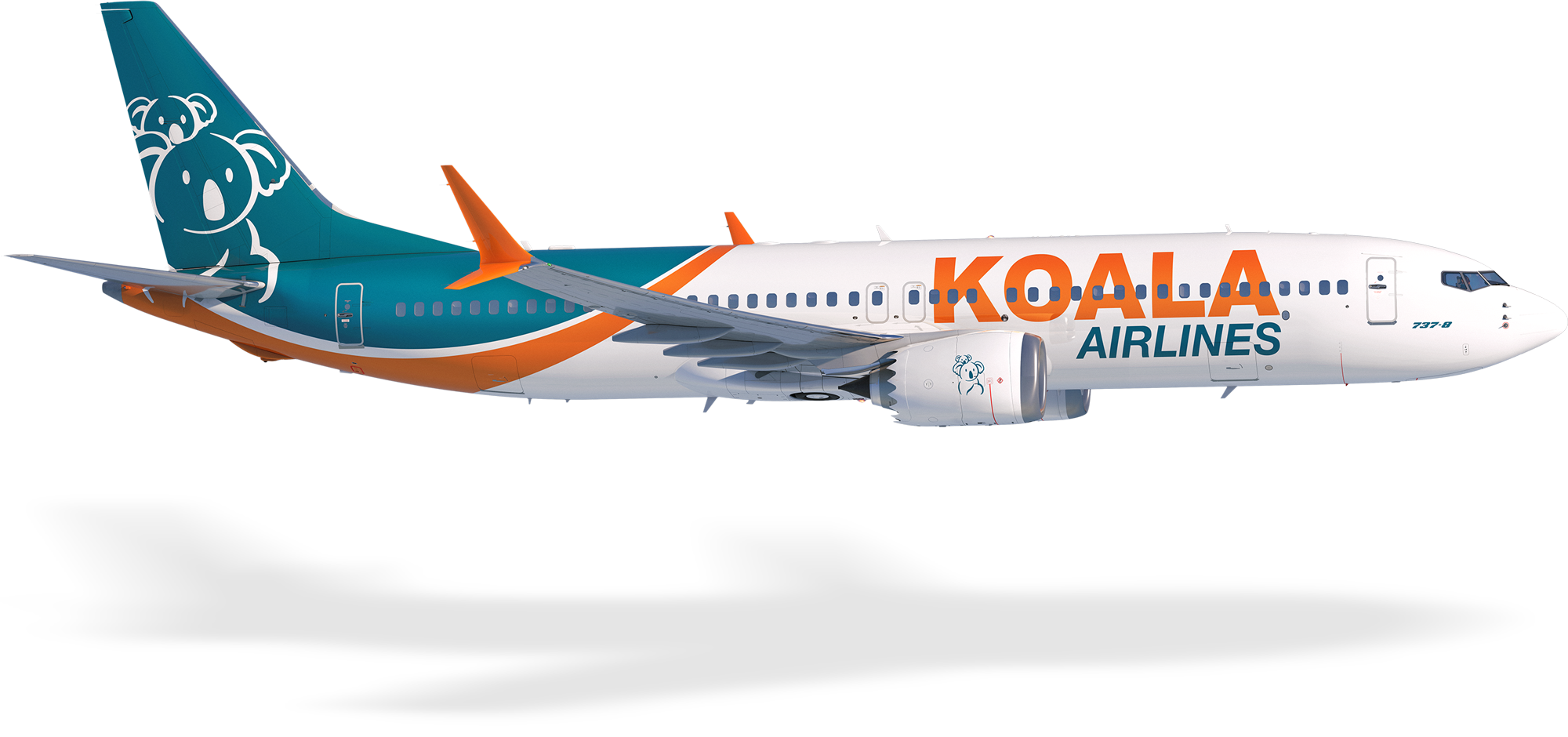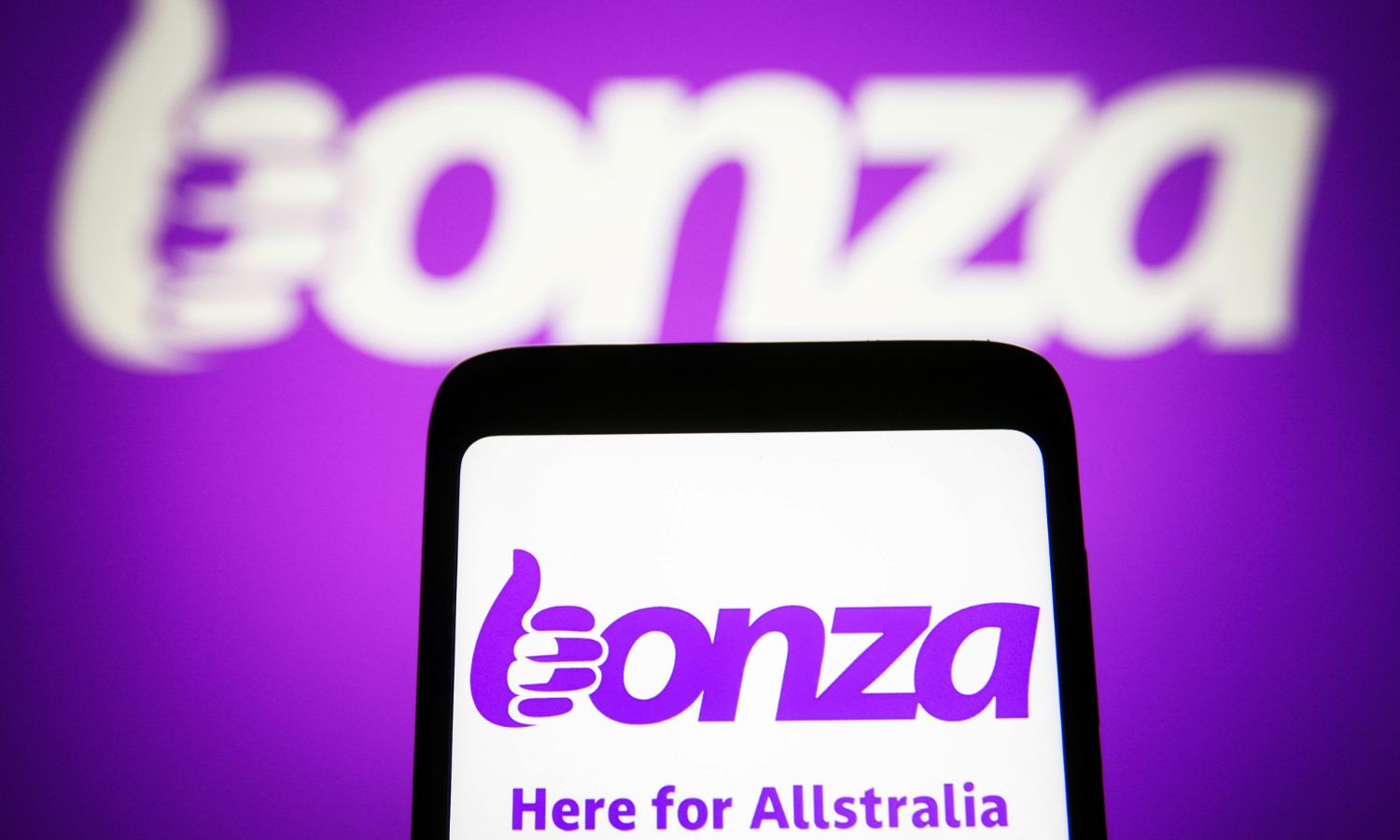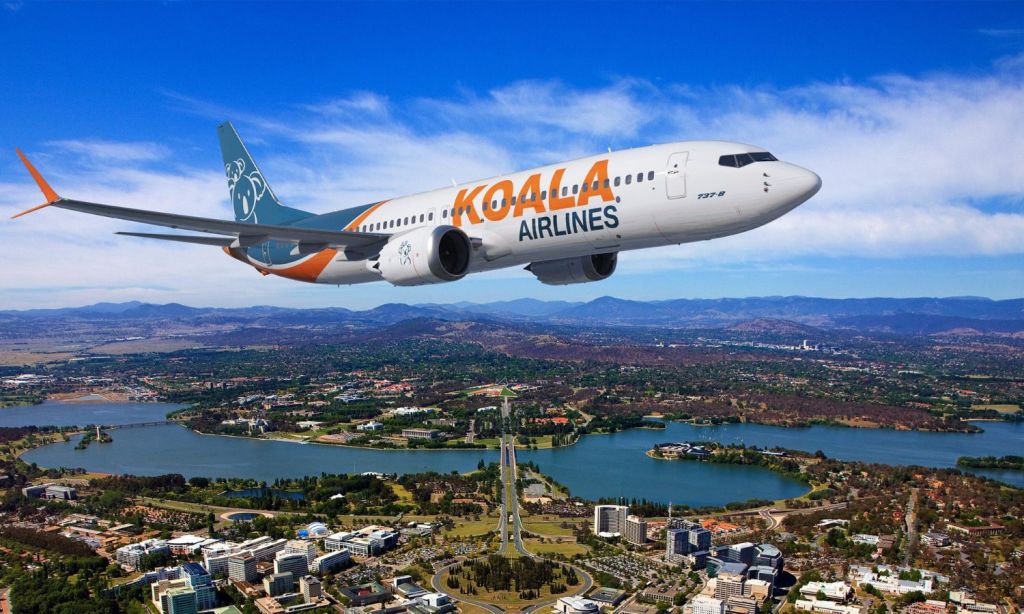Soon a hot new airline will enter Australia’s aviation industry. This week Melbourne-based Koala Airlines shared details of its management team, logo and strategy, promising it would fundamentally differ from other new airlines in the Australian domestic market.
Australia has just two main airlines to choose from when you fly domestically: Virgin and Qantas which has budget arm Jetstar. Recent domestic airlines that have gone into voluntary administration include Rex, Bonza and Tiger. Others that have shut in the last 30 years include Ansett, Impulse, Compass and JetGo.
The current state of play in Australia’s aviation industry is likely due to the Two Airline Policy, introduced by the government in 1952. The protectionist policy said only two airlines could operate flights between capital cities and nominated regional centres.
For most of the policy period, the allowed airlines were Ansett Airlines and Trans Australia Airlines which merged with Qantas. It wasn’t until 1990 that the government relaxed the policy to allow competition in the market. The policy led to limited competition, reduced innovation and inefficiency which put the industry behind.
Koala’s team thinks domestic carriers that have entered the market since 1990 went wrong in placing too much emphasis on cheaper fares. This almost always became unsustainable as they couldn’t make a profit.
“Koala is taking a more innovative route,” it writes. “Our goal is to carve out a unique niche that enhances the industry landscape […]. At the forefront of our strategy is Koala Tech, a groundbreaking technology platform designed to revolutionise the aviation industry.”

The airline hasn’t shared much more about the tech other than that it will automate aviation business apps and harness the power of AI. It also states the new management team has started implementing its strategy.
In addition to its management team, Koala also has an Air Operator’s Certificate issued by the Civil Aviation Safety Authority (CASA) which Chris Chamberlin, news editor at Point Hacks, says isn’t easy to get. It got the certificate after acquiring a relatively small air charter business in 2019. That said CASA still hasn’t granted the airline approval to operate a Boeing 737. Also, the airline doesn’t own or lease any of that aircraft.
“When it comes to airlines announcements, I often say ‘I’ll believe it when I see it’,” says Chamberlin. “Koala Airlines has so much work to do before it could even begin selling tickets, let alone operate Boeing 737 flights [which it plans to]. The airline is at the very beginning of its journey.”
Of course, Koala can look at domestic airlines in other countries to see what works and what doesn’t but even better, it has recent insights specific to Australia. Bonza went into administration in April this year while Rex closed in July. What did they do right and what could they have done better?
“From what I saw, Bonza had a reasonable business strategy in terms of targeting flight routes on which there was minimal competition,” says Chamberlin. “It also sold fares at prices that enticed more people to fly, especially those based in regional areas who might not have otherwise been able to afford to travel.”

Ivona Siniarska, director of travel agency Take Off Go, says Bonza had some interesting ideas but made a few mistakes. One is that the regional routes it covered didn’t always have enough passenger demand to fill planes.
“While it’s great to service underserved areas, they missed out by not also flying on busier routes where there’s more consistent demand,” she says. “This decision likely contributed to lower occupancy rates and less revenue.”
Chamberlin says another mistake is that Bonza didn’t have a premium cabin class to offer as an upsell, which could have helped drive greater revenue per seat.
Another mistake Siniarska says Bonza made is that its flights could only be booked on an app initially. This cut off a chunk of potential customers who weren’t tech-savvy, preferred more traditional booking methods or didn’t feel comfortable with app-based transactions.
“Not working with travel agents or integrating their fares into the Global Distribution Systems (GDS) was another missed opportunity,” says Siniarska. “Travel agents are key players in the travel industry. Without access to Bonza’s fares, agents couldn’t promote their services which meant fewer bookings and less visibility.”
The GDS is a worldwide reservation system that acts as a conduit between travel bookers and suppliers. It communicates live product, price and availability data to travel agents and online booking engines for automated transactions.
Rex was on GDS but went wrong in other ways, Chamberlin says. A major reason is that it switched aircraft. Since 2002, it flew a fleet of Saab 340 turboprops which typically have 30 seats. Then it decided to switch to flying Boeing 737s which had 176 seats to fill. It couldn’t. Bonza also had a Boeing 737 but Chamberlin thinks it was too new to sell out.
“Building a customer base takes time,” he says. “It’s one of the reasons airline frequent flyer programs are so valuable because they drive travellers to preference one airline over another — sometimes even irrationally so. Bonza didn’t have a frequent flyer program at all. While Rex launched one, it was still in early stages and remained limited in scope.”
My take? At this stage we don’t know enough about Koala to make a call on whether it’s game enough to take on Virgin, Qantas and Jetstar. We don’t know if it plans on flying to regional destinations or only between capital cities — let alone its value proposition. Chamberlin points out its site only features mock-up imagery of its planes.
“The company’s website reads that Koala Airlines was founded in March 2018,” he says. “We’re six years on from that. I would ask, have you seen a Koala Airlines-branded plane pull up at an airport? We haven’t yet but things take time. Aviation is a tough business. Recent events have shown that’s particularly true in Australia.”
Related: How Travel Alters Your Brain Chemistry
Related: Taylor Swift’s $33k-a-Night Lake Como Stay Is a Living Museum
Read more stories from The Latch and subscribe to our email newsletter.







